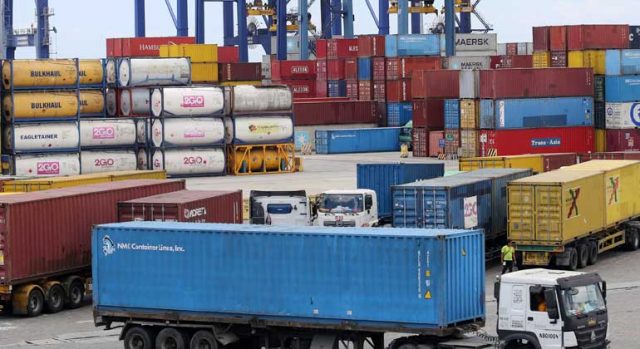Pangasinan sets sights on growing MSME exports

The province of Pangasinan wants to expand the range of products offered by its small and medium-sized businesses for the global market, moving beyond just salt exports, its governor said on Wednesday.
The local government mentored and funded ten entrepreneurs to participate in Manila FAME, a trade show for home, fashion, and lifestyle.
“Since the province is abundant with other natural resources and local talent, there are actually more products we can produce,” Ramon V. Guico III, governor of Pangasinan, told BusinessWorld at the Manila FAME launch.
“We have to transcend beyond what we are known for — salt, bagoong, tinapa, bangus, alamang, patis,” he added on the province being a major producer of salt, crops, and milkfish. “We have to give a different perspective.”
Mr. Guico said that the province would like to promote the use of its indigenous materials and technology for the “international marketability” of its micro, small, and medium-sized enterprises (MSMEs). Such materials include corn husks, buri, rattan, and bamboo.
Pangasinan saw 13,981 MSMEs in 2020, a decrease from 14,480 in the previous year, according to the Pangasinan Provincial Planning and Development Office. This consisted mostly of microenterprises with an income of less than P3 million, it said.
It also noted that manufactured products such as furniture, wood products, and metal crafts are considered leading industries by the province, with an export value of $168,000.
“We have to double or triple [our MSMEs] in the coming months and years,” Mr. Guico said on continuing support for the province’s MSMEs, alongside other initiatives for economic development and job creation.
“Championing MSMEs shouldn’t be an option,” he said. “It should be part of the local government’s agenda — to invest in their MSMEs.”
The Pangasinan Polytechnic College, which is fully owned and run by the provincial government, is set to offer free educational and vocational courses upon opening, including programs of the Technical Education and Skills Development Authority.
Mr. Guico noted that the institution can be an arm of the local government to sustain programs for MSME growth.
“We are in serious talks with major investors to establish more economic zones in the province,” he said on expanding beyond the North Luzon Aero Industrial Park-Special Economic Zone in Binalonan, Pangasinan.
Mr. Guico also noted the local administration’s plans to establish an international seaport and airport in the province to position itself as an accessible industrial hub.
He will sign a joint venture agreement on Oct. 19 with San Miguel Holdings Corp. for the first phase implementation of the Pangasinan Link Expressway, connecting Binalonan to the province capital Lingayen.
The first phase will be completed in 48 months, he said. — Miguel Hanz L. Antivola



